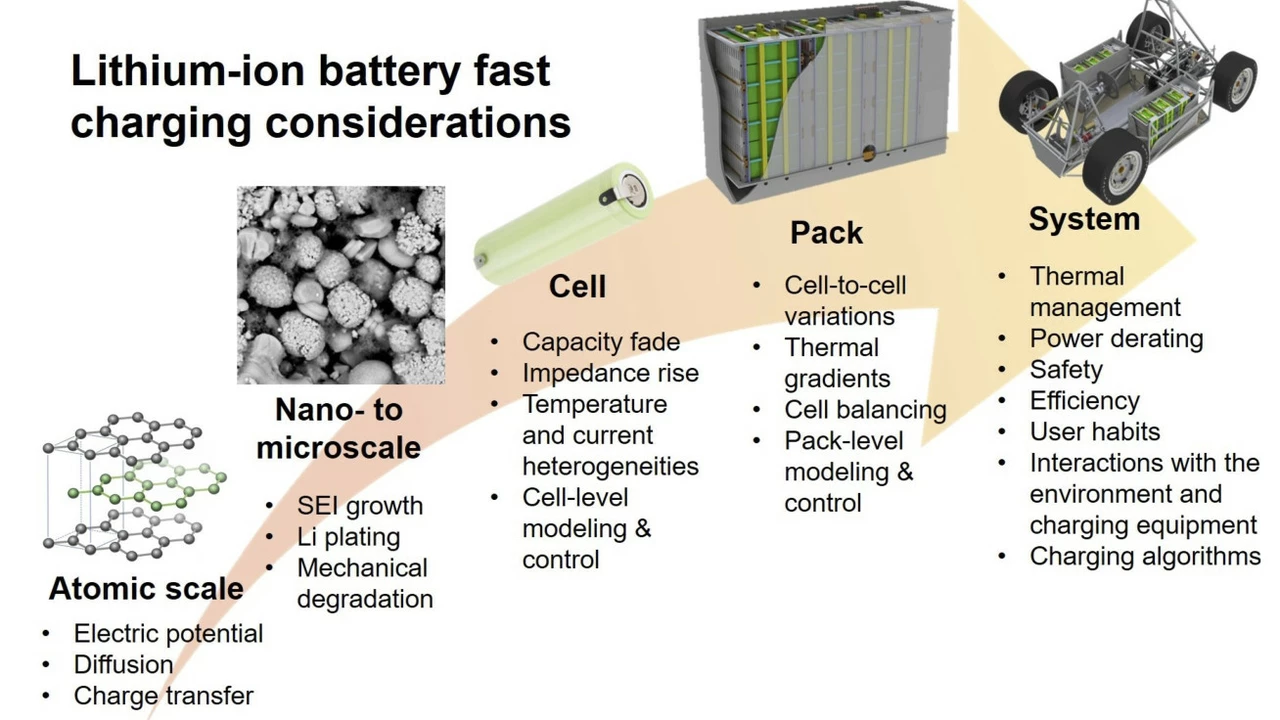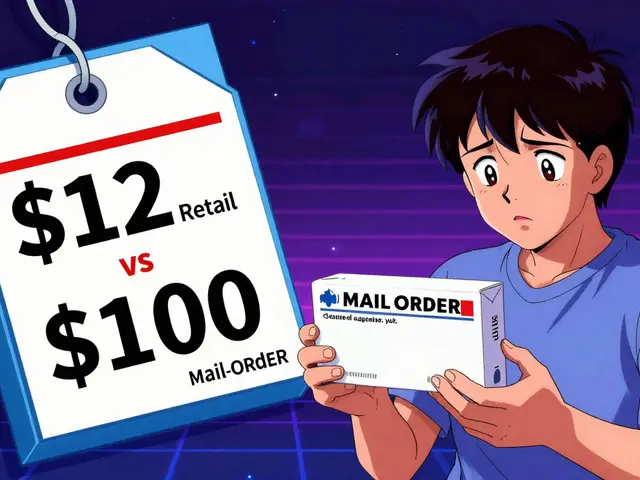Certifications: How to Verify Online Pharmacies and Keep Your Meds Safe
Lots of online pharmacies look professional but skip real certification. That can mean wrong ingredients, fake pills, or illegal imports. This page gives straight-forward steps you can use right now to check if a site is certified and safe to buy from.
Why certifications matter
Certification shows a pharmacy follows rules for storing, dispensing, and shipping medicines. A certified shop will ask for valid prescriptions, show a licensed pharmacist, and list a real business address. If a site hides these things, you risk getting the wrong dose or a counterfeit product — and that can harm your health.
Quick checklist to verify a pharmacy
- Look for known seals: VIPPS (U.S.), LegitScript, CIPA (Canada), or a national regulator like the GPhC (UK). These seals mean the site passed external checks.
- Click the seal. A real certification badge links to the certifier’s site and shows the pharmacy’s status. If it doesn’t link, that’s a red flag.
- Check for a physical address and phone number. Call the number and ask simple questions about prescriptions and shipping.
- Verify the pharmacist: real pharmacies list a licensed pharmacist and their registration number. You can often check that number on your country’s pharmacy board website.
- Does the site require a prescription? Legit pharmacies require one for prescription drugs. If they sell controlled meds without a prescription, walk away.
- Read reviews and search for complaints. Independent reviews and regulator warnings tell you a lot faster than site copy does.
If you want a fast test: pick a common prescription and see how the site handles it. Do they ask for a valid script and medical history? If not, don’t risk it.
What to do if a certificate looks fake
Fake seals are common. If a badge looks suspicious, open a new tab and go directly to the certifier’s website. Search their directory for the pharmacy’s name or domain. You can also ask the national regulator to confirm a license number. If nothing checks out, report the site to your health authority and choose a verified alternative.
Some trusted certifiers to look up: NABP/VIPPS for U.S. online pharmacies, LegitScript for global screening, CIPA for Canadian sellers, and national pharmacy boards like the GPhC in the UK. These groups don’t guarantee perfect service, but they do cut the risk a lot.
Want a quick safe option? Use well-known national pharmacies, your local pharmacy, or a telehealth service recommended by your doctor. If you must buy online, stick to sites you can verify with the checklist above. Your health is worth the extra five minutes of checking.





